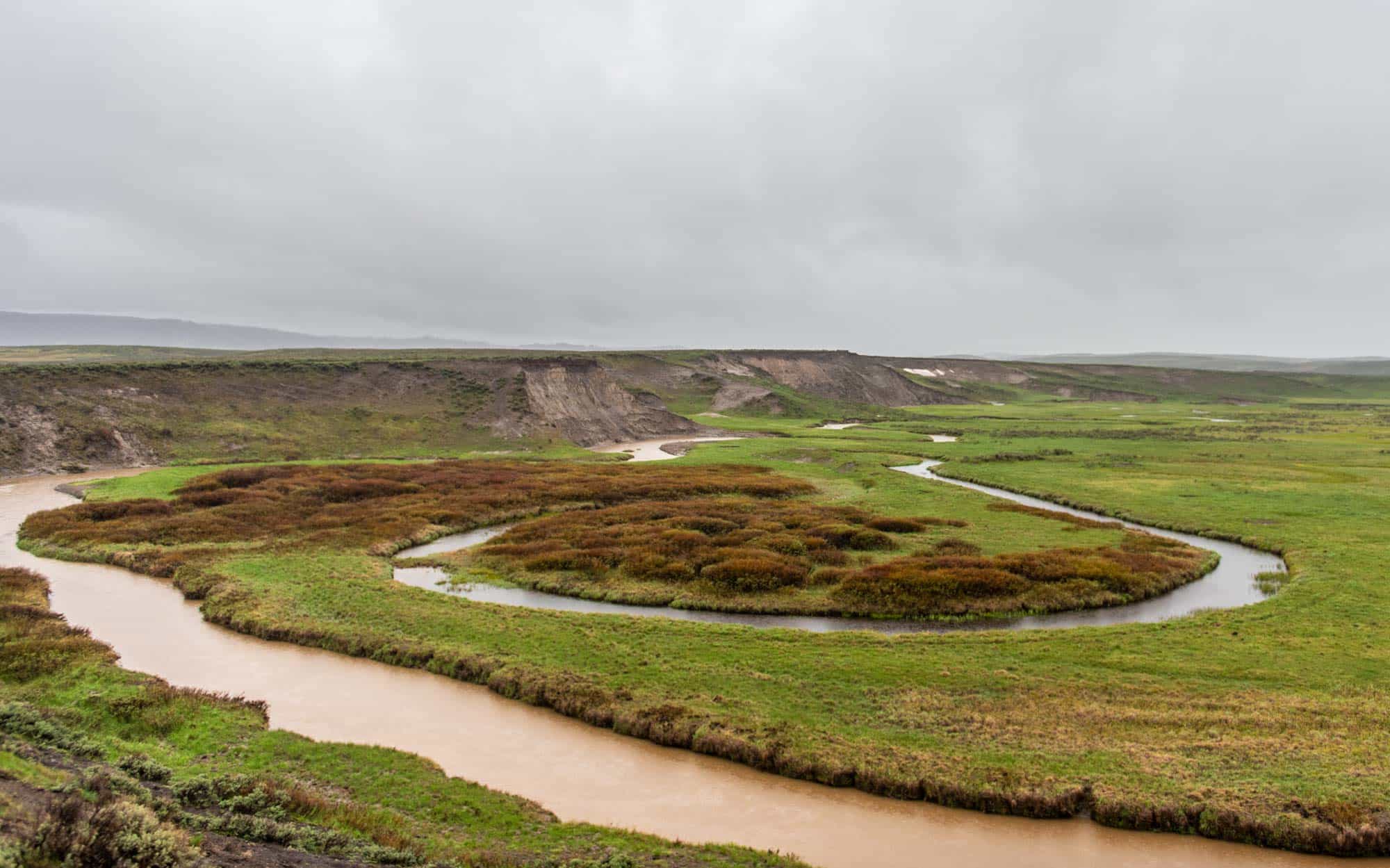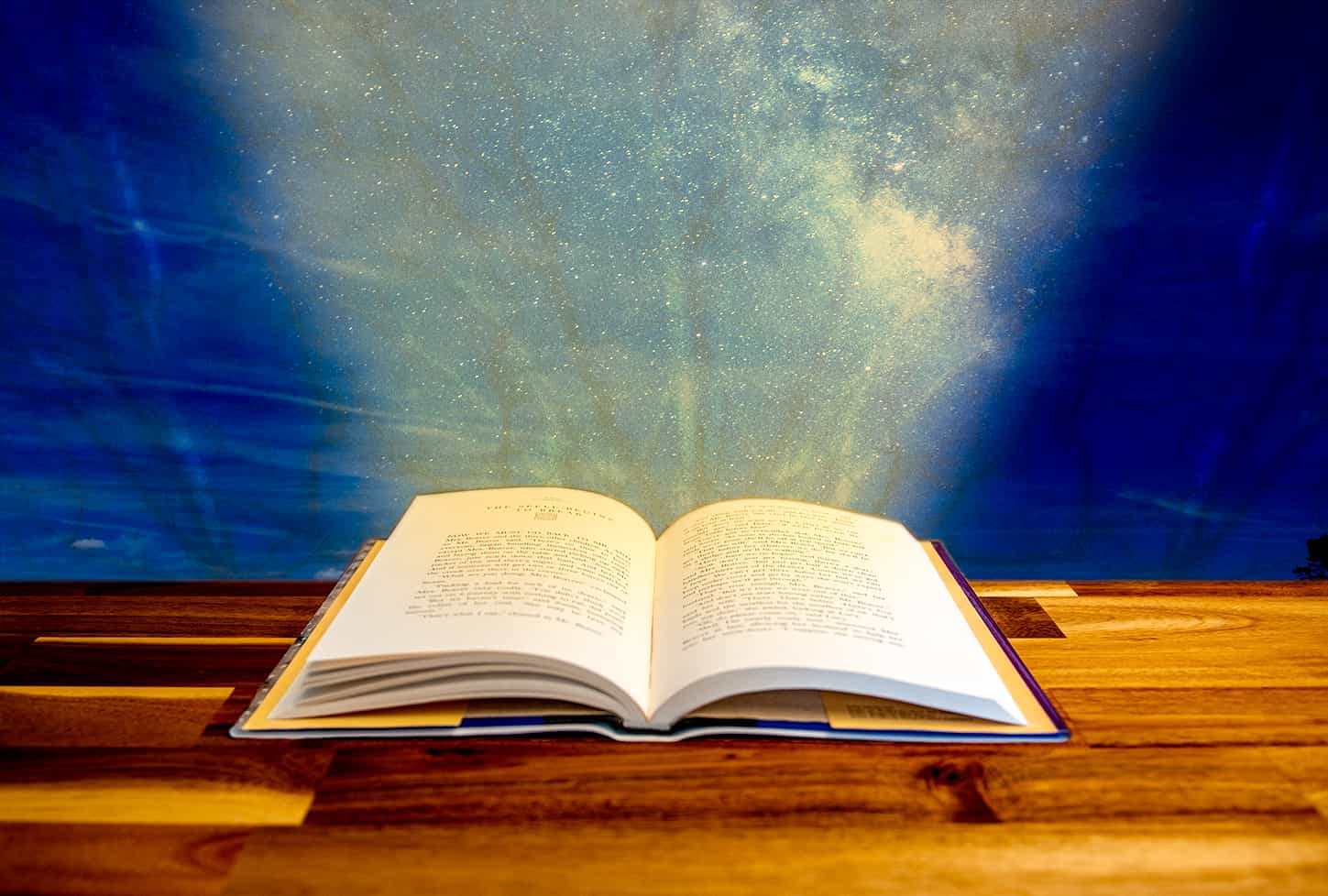Have you ever noticed how we’ve grown so used to a certain way of viewing common objects in our world that we’ve stopped really seeing their wonder?
If we don't know the scientific details of something, we know its general science. Take plants and precipitation, for example. We may not understand the science of plant growth or precipitation, but we know that seeds in the ground become plants and moisture in the clouds causes precipitation. But what if we take a step back and think about and observe our world abstractly rather than logically, scientifically, or theologically? Isn’t it fascinating that things even sprout from the ground and fall from the sky?
Let’s peer down a street or at a nearby field. Trees stand like sun-guards (or guards from precipitation or wind), waving their branches in protection, like arm-bearing sentinels. Thinking abstractly, it’s fascinating that we have natural, wooden statues all over the place. It makes me wonder if they inspired the art of sculpture?
It’s a commonly known fact that our planet is suspended in our solar system, our solar system is suspended in our galaxy, and our galaxy is one of myriad galaxies suspended in our universe. Yet, it’s not until we take a step back from our common knowledge and dwell on the immense grandeur of this that we become awe-struck. The fact that these things are even the way they are is simply amazing. Our every-day world is full of wonder, and yet we often miss it since it’s part of our every-day life.
I think this is why G. K. Chesterton (GKC) in Orthodoxy wrote,
“Ordinary things are more valuable than extraordinary things; nay, they are more extraordinary.”
We must “become like children” (see Matthew 18:3
Later in his challenging and brilliant book, GKC wrote:
“[Fairy] tales say that apples were golden only to refresh the forgotten moment when we found that they were green. They make rivers run with wine only to make us remember, for one wild moment, that they run with water.”
I loved this quote when I first heard it but thought, “Oh, but I wish green apples to be golden! Then I could see their wonder!” I missed the point entirely. If I don’t find the wonder in a green apple and a river of water, it’s not because these things aren’t wondrous but because I’ve lost my sense of wonder. We see them as ordinary and mundane because we see them all the time.
Chesterton loved fairy tales. They reflect a sense of wonder that is already present in our designed world because of our Designer. Have you ever read a story where something is described so beautifully or wondrously that it opens your eyes and heightens your senses, causing you to see it anew or in a different light? Imagine you are reading a story that describes Chesterton’s river of wine, or perhaps you prefer a river of chocolate, and it awakens or reawakens how you view rivers. Perhaps you’ve only ever thought of them as a boundary or a means for water to move from one place to another, but the story has awakened your awareness of the mysterious way water trickles then flows from various places into one cumulated body of water that cuts through land, traversing great distances to reach oceans.
This summer, our family drove to Yellowstone National Park. It was my first time ever in a National Park and what an introduction I had. We happened to be there during the unprecedented flooding and park closure, but that’s a story for another time. After we returned home, my husband, Rob, sent me a link to a Web site called River Runner. You can click anywhere in the world to see where and how far a single drop of water will travel as it flows from the selected point to the ocean. I clicked on Trout Creek (pictured as our hero image at the top of the article), and any given drop of water in that area of Trout Creek will flow 3,348 mi (5388 km) to end up in the Atlantic Ocean by way of the Gulf of Mexico. Not only can you travel with the water as it flows, but you get a birds-eye-view of the surrounding topography. Simply amazing, and that’s just a river of water!
What if grass is more than just grass—something we walk on and mow. What if it’s also Earth’s fleece like sheep’s wool? Abstract observation can renew our sense of wonder of the fairy-tale world in which we live. Story can open us up to the mystery of common, ordinary things and enable us to truly see them rather than take them for granted. We become alive to the kingdom of God around us.

